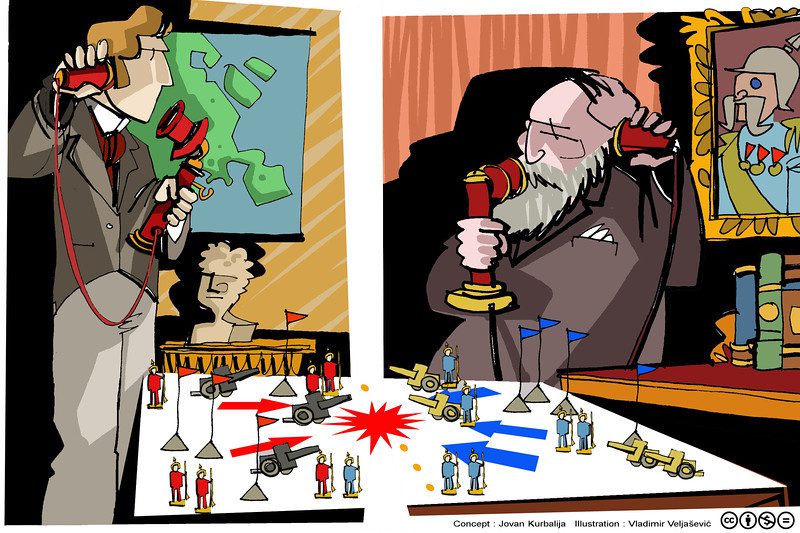
What makes one set of words more convincing than another, and how can language best be put to work in the service of diplomacy, international relations, business, and all other aspects of contemporary life? How do digital communication channels affect communication and diplomacy? Where and how do misunderstandings arise?
Implicit communication will be the subject of a workshop on Diplomacy and the power of the unsaid, on 29-30 March, and a discussion on Implicit communication in the digital era, on 30 March. Both are led by Dr Biljana Scott, and will take place at the Auditorium De Mello, WMO Building, 7bis Avenue de la Paix, Geneva.

Diplomacy and the power of the unsaid
The workshop focuses on the unsaid in diplomatic communication. Topics covered include ambiguity, connotations, gaps, indirectness, assumptions and presuppositions. It will address an area of communication which has been largely overlooked but is nevertheless essential to master, and will include a HARDtalk simulation. View the programme.
The workshop will consist of two sessions, as follows:
- Wednesday, 29th March, 9:30-16:30 CEST (7:30-14:30 UTC)
- Thursday, 30th March, 9:30-12:00 CEST (7:30-10:00 UTC)
Register for Diplomacy and the power of the unsaid. Note: online participation will not be available.
Implicit communication in the digital era

The event is open to the public.
Register for Implicit communication in the digital era. Note: online participation will not be available.
About Biljana Scott

Dr Scott runs workshops on Language and Diplomacy for a variety of clients, ranging from the Ministries of Foreign Affairs (including the European External Action Service), Diplomatic Academies and Universities to the private sector.
Contact
For more information, contact Ms Barbara Rosen Jacobson at barbarar@diplomacy.edu.


